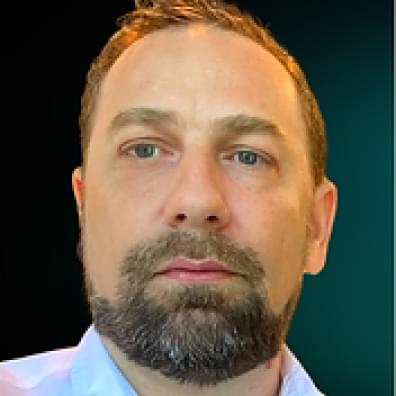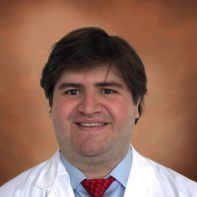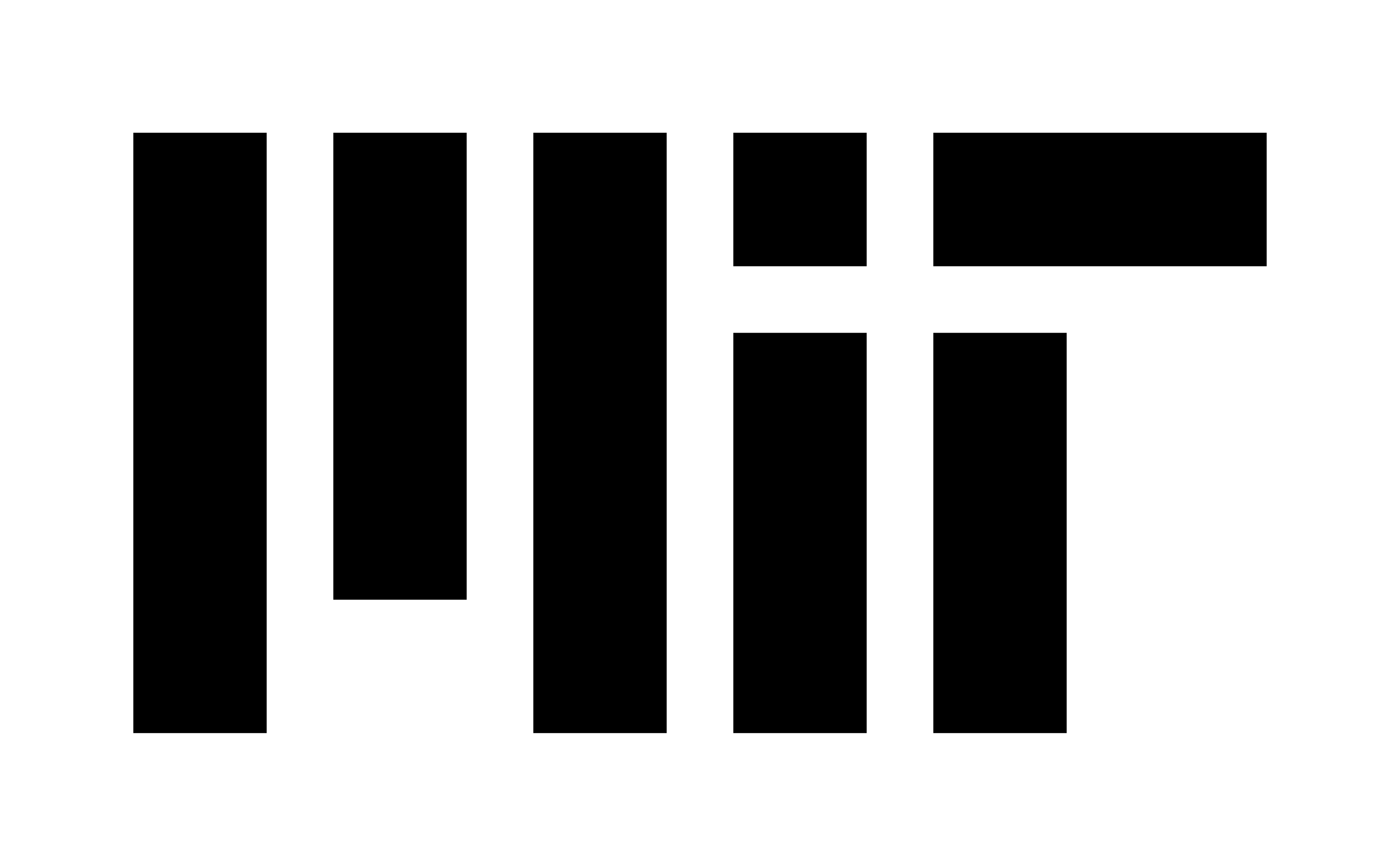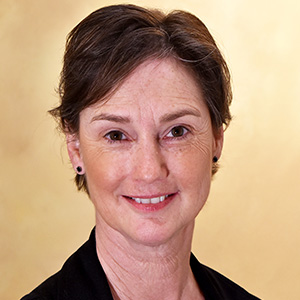Personalizing the future of lung cancer screening
22 Hospitals, 11 Countries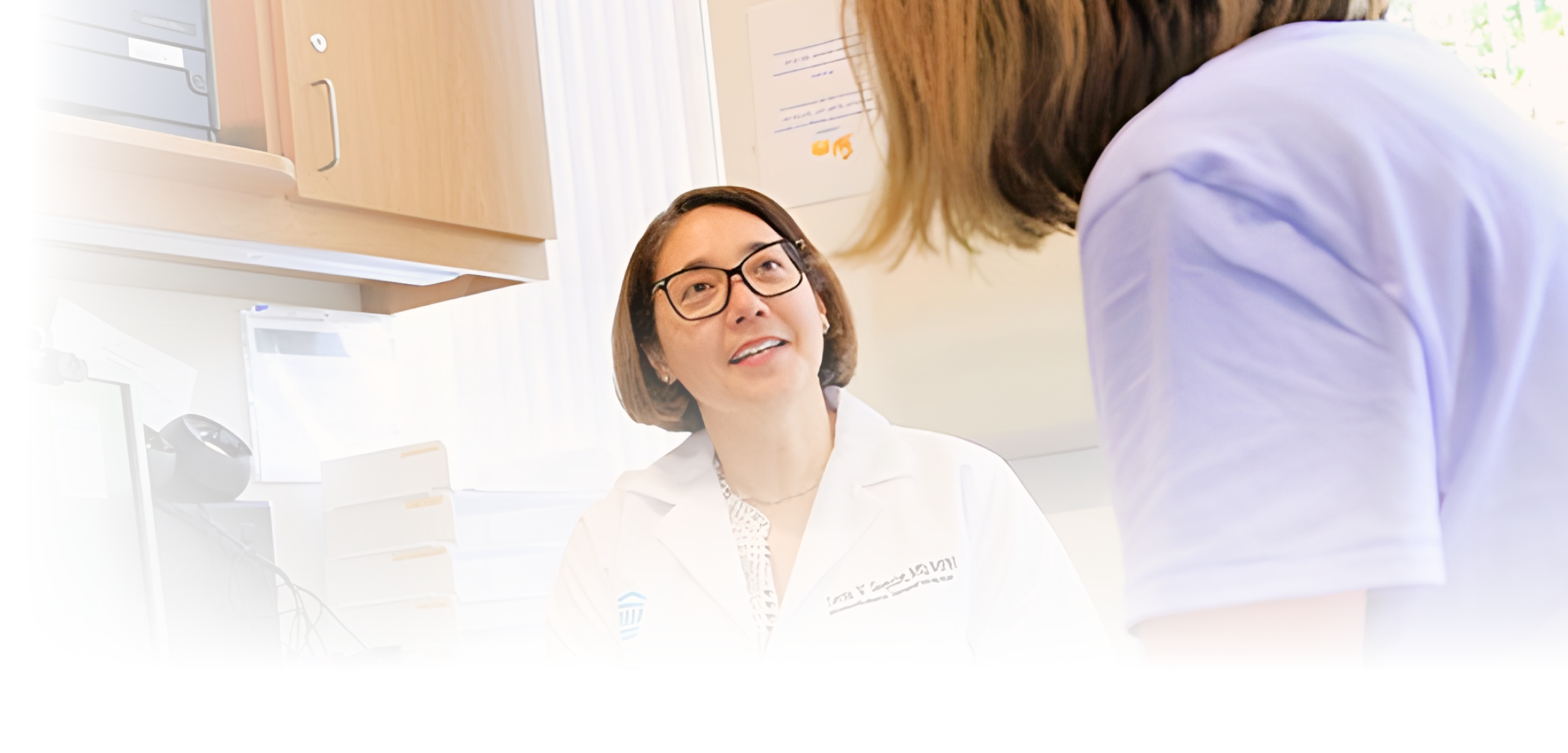
Lung cancer is the leading cause of cancer-related deaths worldwide. While smoking is the leading cause of lung cancer, lung cancer rates among nonsmokers are on the rise.
Every person has the right to know their risk of developing cancer — SYBIL is a deep learning model that accurately predicts a patient’s risk of lung cancer up to six years in advance from analyzing a low-dose CT scan, ensuring that lung cancer is detected in its earliest stages.
SYBIL has been validated extensively on low-dose CT scans (LDCTs) from patients all over the world. This validation process is key to ensuring that SYBIL maintains high performance and that it can be safely used on real patients. Thanks to the support of Wellcome Trust, we have been able to expand the deployment of SYBIL to include hospitals serving under-resourced regions.
Try SYBIL
Collaborate with us
Hospitals around the world have installed SYBIL with some publishing independent research on SYBIL.
Our Sybil Lung Cancer Consortium aims to study the deployment of Sybil to change screening policies and transform lung health.
We welcome hospitals to join our Hospital Network.
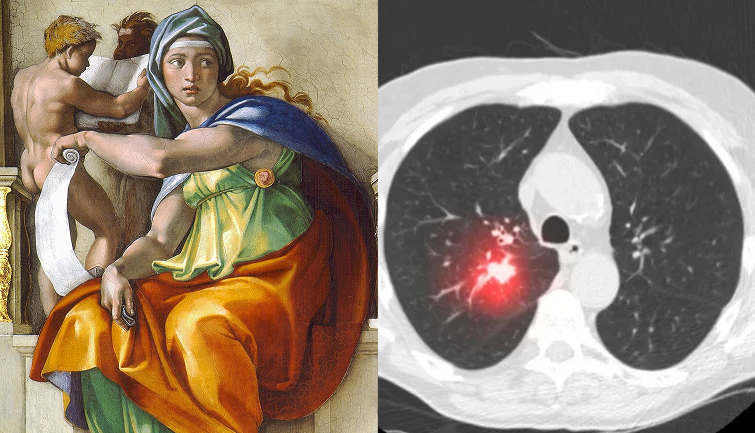
How does SYBIL work?
SYBIL is named after the divine oracles of ancient Greece, who were also known as “sibyls.”
The deep learning model assigns a personalized risk score to the LDCT scan, helping clinicians determine when a patient should return for their next screening, or if the patient can avoid unnecessary screening.
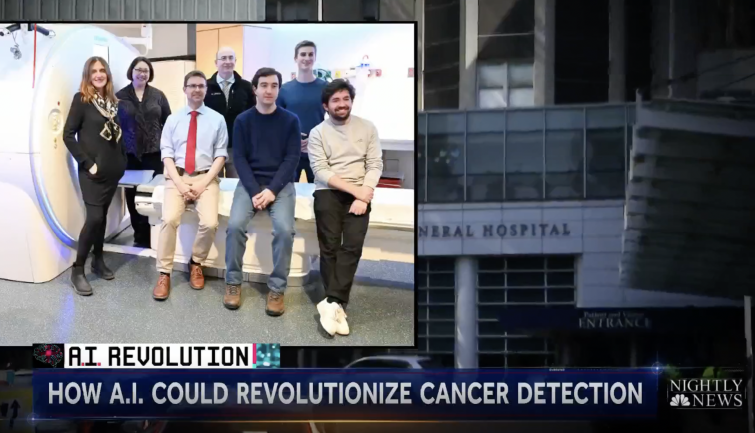
The team behind SYBIL
Combining leading expertise in AI and clinical practice, researchers at MIT and clinicians at Mass General Brigham joined forces to build SYBIL.
With this breakthrough technology, we hope to improve early detection rates of lung cancer while reducing the burden on healthcare systems.
The scale and computational power needed for bold ideas to work is not possible without the support of grants, foundations, and donors. Your support would enable MIT Jameel Clinic to make a better, healthier future for all.
Give NowCore Collaborators

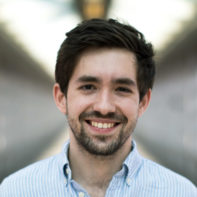





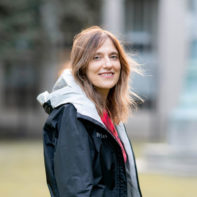
Regional Leads for Sybil

